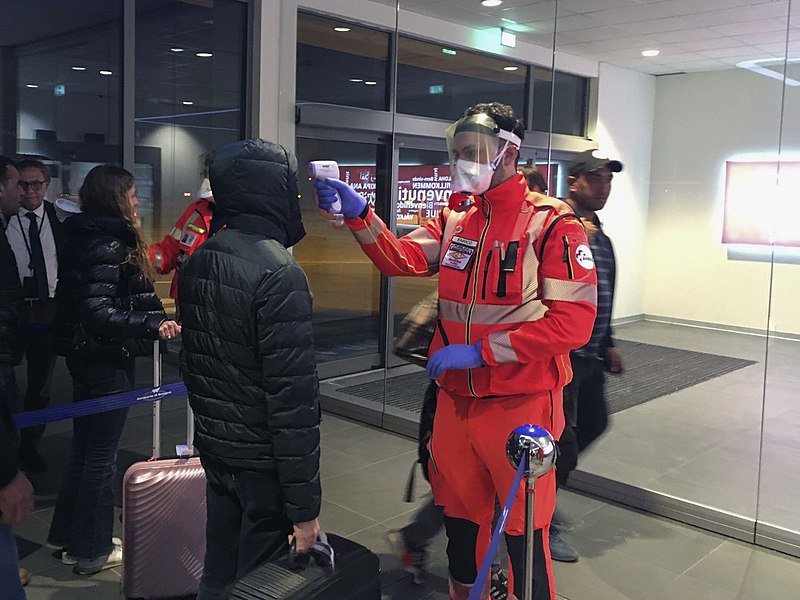Coronavirus: More Prepared than Panic-Stricken

Recent news has been full of developments of the coronavirus, whether that be new policies by the Chinese government to contain it or the spread of cases found in other countries worldwide. Headlines are made when it enters a new country, and governments are quickly asked what they will do to prevent it or, if it should come to that, contain and treat it. However, more than the direct effect it has in the political sphere, the coronavirus has affected the minds of the public, spreading panic and paranoia rather than illness by word of mouth and especially through social media. It is, therefore, no doubt that the effects of the virus have reached farther than it has actually spread.
The virus originated in the Chinese city of Wuhan and has, at the time of this article, killed over 300 people. While the vast majority of cases that have been found were in China, a few have spread to other countries, reaching – though in quite a limited proportion – worldwide. Medically speaking, the coronavirus is part of a large family of viruses with a vast range in severity, including the aptly-named common cold and the more dangerous sars. Its symptoms also heavily resemble that of catching a cold, including fever, running nose, and coughing. These common symtpoms, along with the long incubation period of two weeks, makes it all the more difficult to detect.
With China being the virus’ country of origin and majority of cases found, it has been the country most affected in terms of official actions, particularly restrictions and regulations on various forms of transportation to, from, and within China. In their efforts to contain the outbreak, travel restrictions have been put on several cities with millions of people being affected. Additionally, screening stations have been set up at terminals for people traveling by bus, train, and airplanes. The Lunar New Year holiday was also extended so as to end on the 2nd of February in order to prevent a further accelerated transmission when people return home from the holidays. This strategy of containing the virus is also being applied in other countries, with some suspending flight to and from China and prohibit entry to Chinese citizens. All the same, a few cases have been found in other countries, with governments working on further containing those cases, and the first confirmed death from the virus was recently found in the Philippines.
With news about these developments spreading, so does the concern of catching the virus, even in countries that have not yet found a case. However, the spread of the coronavirus is to be expected in the case of a new virus emerging, since people would have travelled abroad before being notified of the danger. The most important part, and what experts worry about the most, is the mortality rate. While much research has yet to be done on the virus, and more cases emerge and develop, there is still knowledge to be gained on the topic, although the current consensus is that it mostly poses a threat to the vulnerable members of the populations, including the elderly and those with pre-existing health problems regarding their respiratory system and immunity. However, with limited knowledge, the possibility of the virus posing a greater threat still exists, which would be especially harmful to countries with weaker public health systems.
This is also the reason why the World Health Organization (WHO) declared the outbreak a public health emergency of international concern, as it gives the organization more power to act. The containment of the virus has become a high priority for high-income countries, but it is even more so a challenge for the lower-income ones who do not necessarily possess the resources to protect their citizens properly. As such, it is the priority of the WHO to leave no country behind and work on a solution on an international level. Though the damage has so far been minimal, countries and organizations have been on high alert, in case the virus should pose a more dire threat.
Further reading:
- WHO declares coronavirus a global health emergency (see: https://www.theguardian.com/world/2020/jan/30/who-declares-coronavirus-a-global-health-emergency)
- MSF update on 2019-nCoV coronavirus outbreak (see: https://www.msf.org/msf-update-2019-ncov-coronavirus-outbreak)
Featured Image: Dipartimento Protezione Civile from Italia (https://commons.wikimedia.org/wiki/File:Emergenza_coronavirus_(49496308758).jpg), „Emergenza coronavirus (49496308758)“, https://creativecommons.org/licenses/by/2.0/legalcode



